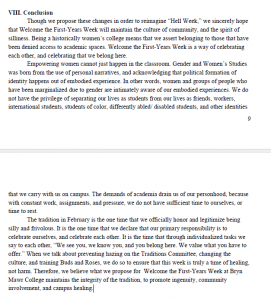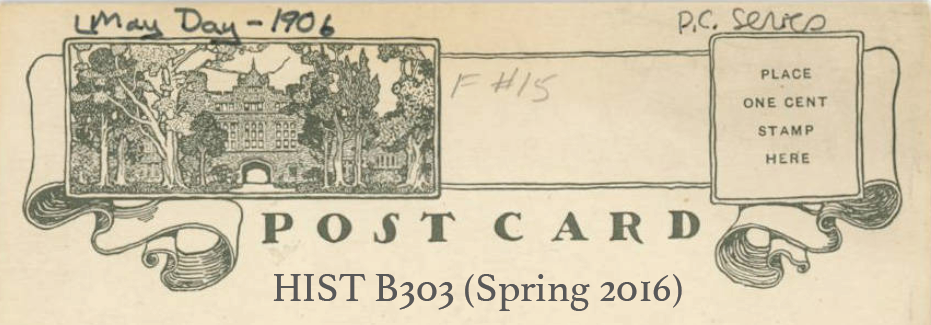Gieseking’s conversations and analysis of Mount Holyoke students and how gender is spatially (re)produced at different scales made sense to me, but felt insufficient. Key moments for me were:
- Changes in the dress code that explained feeling more free to focus on the content of their conversations and studies; students became less rooted in the body and more focused on the mind
- Reimagining the private sphere of the home and how that might be a restorative space for women. Now that they were given access and ownership to the space, they could construct a home environment that served them. This seems to be, however, a relational space, one based in interpersonal and communal relationships. The space is not physical then, but social. This social scale seems to be one that Gieseking should have articulated or examined. It reminds me of bell hooks theory of “the homeplace” as a site of resistance for Black women. The notion is that the homeplace is the private world constructed for and by Black women, where their only task is to affirm and commune with one another to facilitate each others healing. This communal healing then becomes a political act of resistance. Gieseking alludes to this idea in his inclusion of the study of the Philippine Women Centre, and I think this theory could illuminate another scale, an intermediary scale between the body and the institutional.
Gieseking’s article, as well as the NCPH website, made me think about Hell Week because both thought along the lines of communal touchstones–most historians talk about shared spaces in campus memory, but there are also traditions which are shared temporal space that inform collective memory. 
This is an excerpt from the Traditions Committee’s proposal for the changes to Hell Week in order to transition to WTF Week. In the conclusion, we tried to address the intent of Hell Week as a space in time. It exists counter to the rest of the year in terms of the intent or organization of time. Because I’m gay and I love this term, I think that Hell Week *queers* Bryn Mawr because it disrupts the structured time of a capitalist society: work, work, work, get rich, etc. However, Hell Week demands that you don’t work, don’t think, and you only feel and play.
